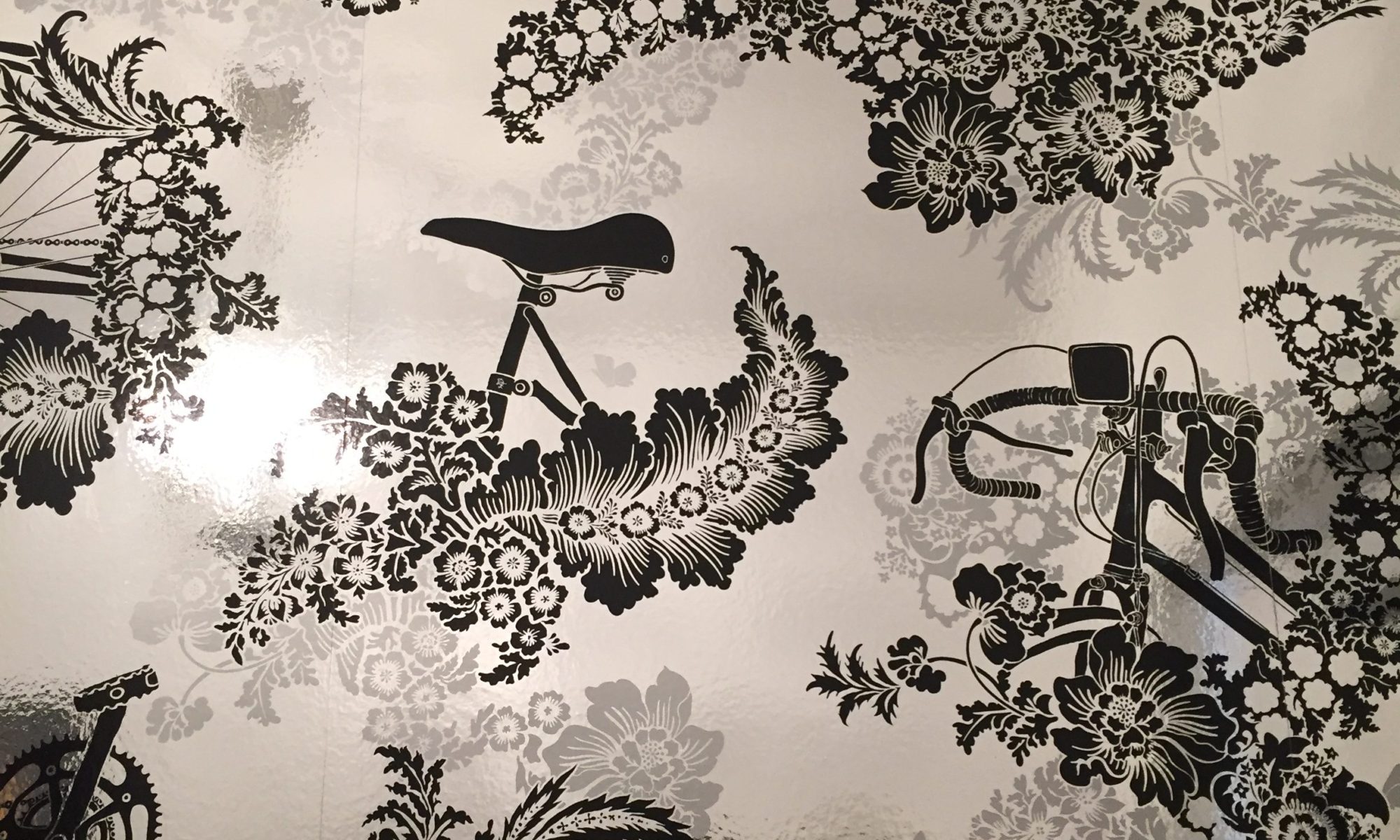I read something this morning that chilled me to the core. A legislator in our neighboring state to the east talked about goals for the state, including having the University focus more on research that can help the state’s economy. That, I paraphrase, helping the state economy via research is more important than learning about ancient mating habits of whatever.
A couple sentences, a tremendous ripple effect.
It’s not a new conversation, either, the idea that some things count more than others. What makes the distinctions, though, is what we value. If we value a singular goal over the actual mission of an institution or business or organization, we’ll find this dissonance over and over. This one is particularly scary, particularly to me.
I was already planning to discuss higher education in this issue, considering that we’ve got a number of topical articles in it that point to the need for a greater expansion of how we look at gender and sexuality constructs and roles. In addition to our usual coverage of gay, lesbian, bisexual, transgender, queer, and allied people and topics, Ellie Krug discusses the importance of Transgender Day of Remembrance in “Skirting the Issues” (p. 58) and Kye Allums tugs at my head and heart when describing how he is questioning his gender identity and is planning to go back to school for women and gender studies (p. 32).
You see, I pretty much did study the ancient mating habits of whatever. At Macalester College, I double-majored in Communications Studies and Women’s, Gender, & Sexuality Studies. So, I majored in talking about the ancient mating habits of whatever. And I would do it again in a heartbeat. I was in the first group of majors ever at Macalester to come out with the new degree in Women & Gender Studies. Back in the day (1995-1999), we had a core of classes in the major but could then choose from all sorts of courses throughout the college that include women and gender in the area of study for the course, as well as a necessary requirement that everyone take a class that counted toward “domestic diversity.” I can’t sing its praises enough as a way of preparing me to view the larger world with a more inclusive lens, with or without my job as the editor of Lavender. Higher education isn’t required for learning about all of these topics, but it is crucial for providing the fodder, whether data or stories or photos, for us to learn more as a culture.
Truth be told, I’m jealous of the people like Kye who get to study gender and sexuality at this time in our history. My Intro to Gay & Lesbian Studies course in 1996 was a wonderful taste of this area of study, but I can only imagine where the topics can go in gender and sexuality curricula today. And I pine for it.
Now, in a time when we have a day set aside to remember our killed transgender community members and also when suicide is all too often a solution to the problems in the rainbow community, we need to be researching the ancient habits of the GLBT community…and whatever. It’s not just about the rights the community has yet to achieve, it’s about survival. We need to maintain the factual foothold that this community’s members existed long before they were vilified, as established by research. We need the professors in higher education to include gender identity and sexuality as a specific area of study, because it will always be deserving of it in our society, as indicated by the extreme learning curve out there specifically regarding the transgender community (and, to a great extent, the rest of the rainbow as well as women as a whole). If we value it as part of the mission of a liberal arts institution, we do not discard it or discount it as being lesser or in the periphery.
It’s education, higher or not. When we know more, we understand more. When we understand more, we can empathize more. You can’t put a price tag on this. It is priceless.
But if we lose it, we will bear the weight of the cost.
With you and with thanks,
Andy
